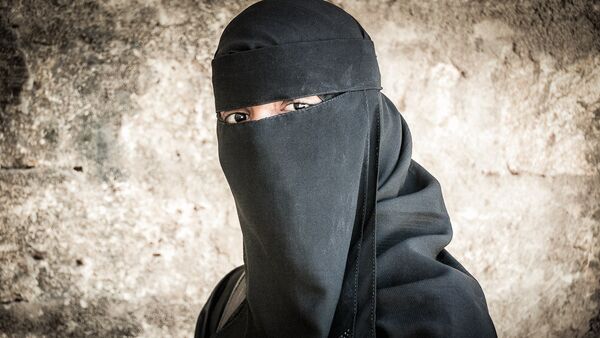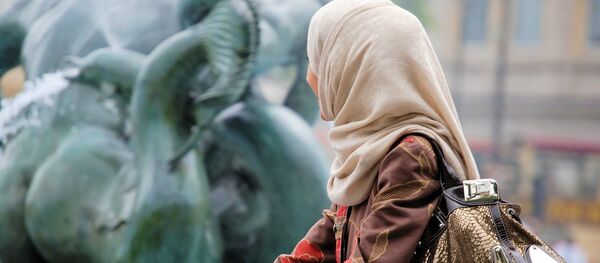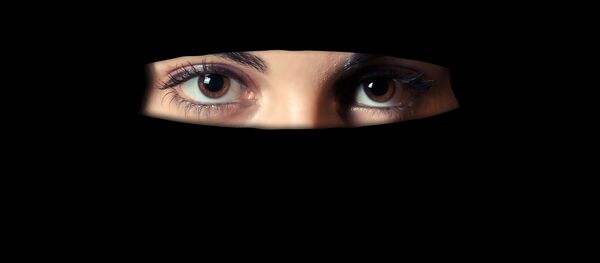The niqab-clad Leyla Hasic was the only one of the three Muslim women who discussed the use of full body garments, the niqab and burka, during last week's debate held by Norwegian state broadcaster NRK.
By her own admission, Hasic grew up in a non-religious family, which was not in the habit of discussing religious issues. However, she came to appreciate full Islamic garments later in life.
"I believe that the niqab makes me free from a lot of things. Such as fashion pressure, beauty pressure and body shaming, which are a growing problem in the world, not only in Norway," Leyla Hasic said during the debate. "I can honestly say that the way I dress now makes me feel more liberated than ever," Hasic continued.
By her own admission, Hasic would like to be fully integrated in Norwegian society. According to her, full body garments do not necessarily impede communication, as there are such things as body language and intonation, which may be crucial for a successful conversation.
"It is important that we who wear the niqab are heard, also by politicians. I feel that I speak for many," Leyla Hasic told.
Previously, tensions over face-covering Islamic garments have been mounting in Norway, where both the government parties and parts of the opposition have been pushing for a national ban on face-covering religious outfits.
The opponents of the niqab and the burka in civic contexts suggest that the practice of covering the face both inhibits integration and hampers communication. Moreover, it is widely seen as a token of oppression against women. According to Mazyar Keshvari, a spokesman for to the hardline Progress Party, which has advocated banning face-covering garments for a decade, allowing hijabs and niqabs at Norwegian schools and jobs would be a "curtsy" to radical Islamists. Keshvari himself, of Iranian origin, even called the niqab "premier Islamist uniform."
Islam is the second largest religion in Norway after various forms of Protestantism, with Muslims representing up to 4 percent of the population. The number of people of Islamic background in Norway is estimated at over 160,000.




